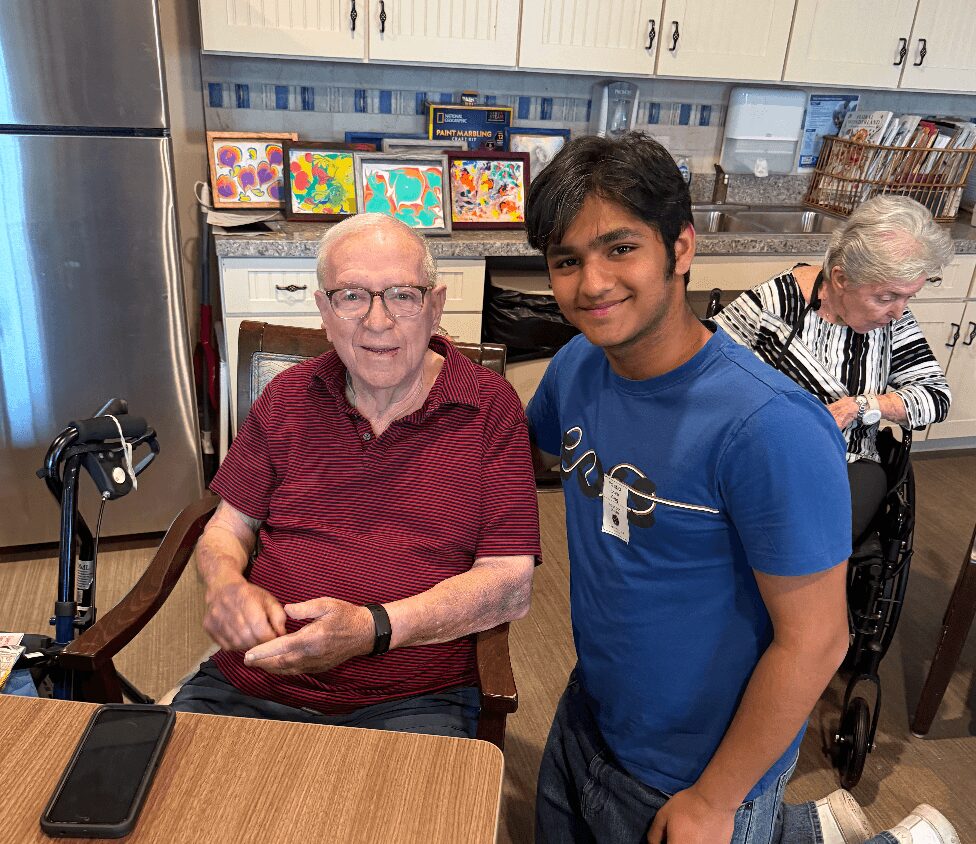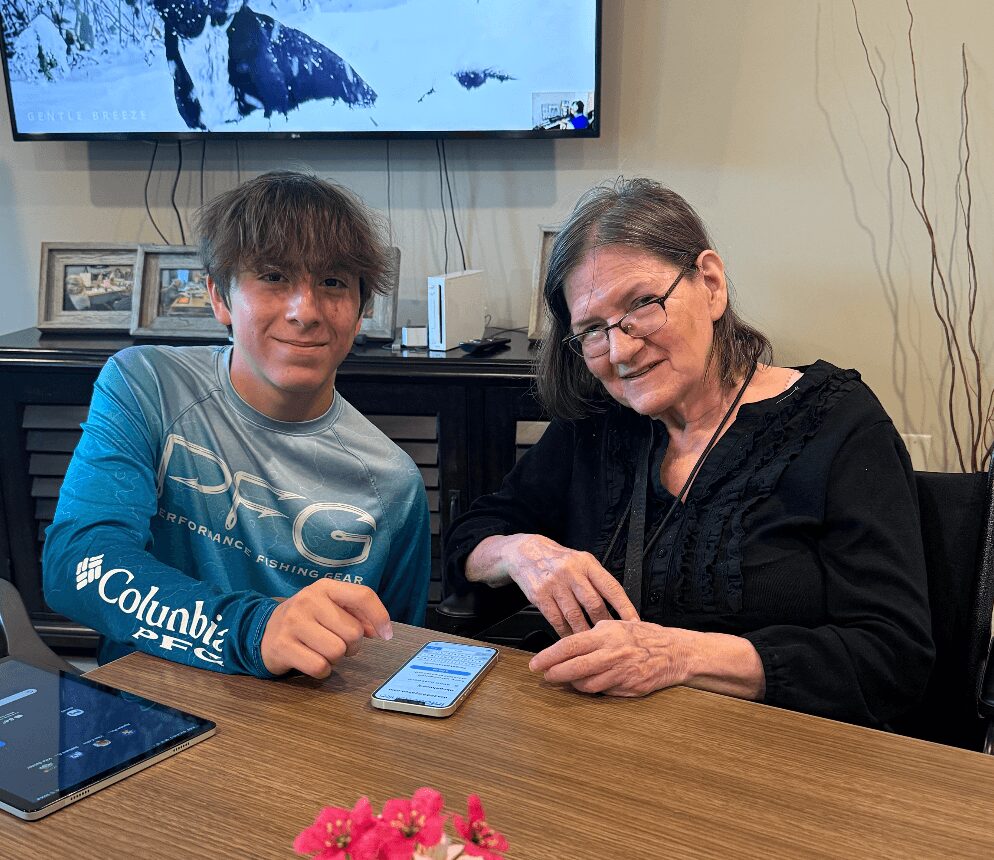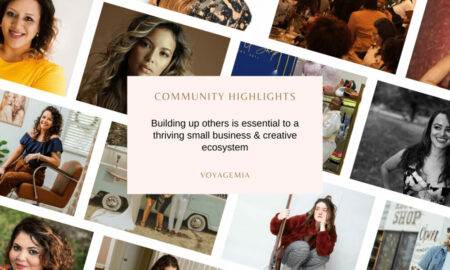

Today we’d like to introduce you to Ishaan Garg.
Hi Ishaan, so excited to have you with us today. What can you tell us about your story?
I’ve always been the tech person in my house. During COVID, that basically became my full-time job. My parents were trying to work from home, and every day there was some kind of issue, whether it was setting up the Wi-Fi hotspot, connecting Zoom for a meeting, or figuring out how to use Google Classroom for my sister. Meanwhile, my grandparents were calling about random things like why their iMessage stopped syncing or how to download an app. It was chaos, but weirdly, I kind of liked being able to solve their issues.
Around that time, I started teaching Scratch to a couple of my mom’s friends’ kids. It was super casual at first, I would get on a Zoom call and walk them through basic stuff like making a character move or creating a simple game. Then my mom posted about it on her Facebook page, and suddenly there were way more parents asking if their kids could join. So we turned it into weekly Zoom classes. It wasn’t anything fancy, but it felt good seeing these kids go from “what even is coding?” to building something they were proud of.
That’s when it clicked for me. Helping people understand tech, whether it was a nine-year-old trying to code or a grandparent trying to FaceTime, was something I cared about. And if it was that helpful to the people around me, maybe it could help a lot more people, too.
That’s how Project Tech started. At first it was just me offering tech help where I could, but then it grew. We started running sessions at places like the local library and assisted living homes such as Arbor Terrace, helping seniors with things like sending emails, connecting to Wi-Fi, or even just understanding their phones. Now we’re expanding into other cities, with student-led chapters starting in Tampa and the Bay Area.
It’s been one of the most unexpected but meaningful things I’ve done, turning what started as tech support for my family into something that’s actually helping entire communities.
I’m sure it wasn’t obstacle-free, but would you say the journey has been fairly smooth so far?
It definitely hasn’t been easy. One of the biggest challenges has been getting people to take me seriously. Not because the idea isn’t good, but because I’m still in high school. I have this massive spreadsheet of senior living communities and apartment buildings around me, places where I know people could benefit from digital help. I can look at the area, do a bit of research, and it’s obvious there’s a need. But when I reach out, a lot of places don’t respond. Some politely say no. And sometimes, even when I get a reply, I can tell they’re hesitant because I’m a teenager.
It’s frustrating, especially when I know the program could genuinely help their residents. But I’ve learned to be persistent. I follow up. I find people who are open to giving us a chance, and when they do, it’s always worth it.
Another challenge has been just logistics. I don’t drive yet, so my parents take me to every session. They’re super supportive, but it’s still a lot to coordinate. There have been times when we didn’t have enough volunteers show up, and my dad would step in last-minute. He doesn’t have a background in tech or teaching, but he’ll sit with someone and help them figure out how to use WhatsApp, and honestly, he ends up enjoying it just as much as I do.
But one thing I’ve really learned is that patience matters more than tech skills. A lot of people want to help, but not everyone’s comfortable slowing down, repeating things, or sitting with someone who’s never even touched an iPhone before. You can’t rush that process. That’s why finding the right volunteers, people who are patient, kind, and actually care, has been one of the hardest but most important parts.
And sometimes, when it gets exhausting, I think about my own grandparents back in India. Every time we visit, I watch them struggle with their phones, trying to open a link or send a message. They want to be connected, but it’s not easy for them to keep up. That’s what keeps me going. I see how hard it is for people who didn’t grow up with this technology, and I know we can make it feel a little less overwhelming.
Balancing it all, school, competitions, planning workshops, can definitely get chaotic. But every time a senior says, “Oh wow, I get it now,” it reminds me why this is worth it.
Thanks for sharing that. So, maybe next you can tell us a bit more about your business?
Project Tech is a student-led nonprofit I started to help close the digital divide, especially for people who didn’t grow up with technology or don’t have easy access to it. We run free workshops focused on digital literacy, online safety, and beginner coding. Our goal is to make technology less confusing and more human, whether that’s for a grandparent learning how to email or a middle schooler building their first project.
What makes us different is that we’re not professionals or tech experts, we’re students. But we know how it feels to be learning something from scratch, and we know how to explain things in a way that actually makes sense. A lot of the people we work with have told us they appreciate how patient we are, and how we don’t make them feel embarrassed for asking questions. That’s the part that matters most to me.
We’ve run sessions for kids in our community, and we’ve also helped the staff at my family’s gas stations, showing them how to set up bank accounts, use Zelle or Cash App, or complete required training courses for 7-Eleven using their phones. Sometimes, it’s those small things that make the biggest difference.
Project Tech is about more than just tech skills. It’s about helping people feel like they belong in a world that’s getting more digital every day. Whether we’re working with seniors, gas station employees, or students, the goal is always the same: make tech feel less intimidating, and make sure no one gets left behind.
Do you have any advice for those just starting out?
My biggest advice is: don’t wait until you feel “ready.” You’ll never feel fully qualified. If you care about something and see a need, start. Even if it’s small. Even if you don’t have a logo or a perfect plan. Just helping one person matters more than months of sitting behind a screen trying to make everything look official.
When I started Project Tech, I spent way too much time trying to make the emails sound professional, or thinking I needed some polished curriculum. But honestly? None of that mattered as much as just showing up and helping. One of our very first workshops, I helped a senior who couldn’t figure out why her FaceTime wasn’t working. After we fixed it, the first thing she did was call her granddaughter. Her face lit up. It took me ten minutes to solve something that had been bothering her for weeks, and in that moment, I felt like this project had purpose.
Another time, someone’s phone storage was full and they didn’t know why. We went through it and deleted many apps they didn’t even remember downloading. Suddenly, they had enough space to take photos again, which made them so happy. Stuff like that, the small things that most people don’t even think about, can completely change someone’s day.
Sometimes, they even try to pay me. Not in a business way, just as a token of appreciation. And I always refuse, but the fact that they even offer is kind of emotional. They give you blessings instead, real ones. That smile you get after helping someone? It stays with you.
That’s what makes all the rejections and all the uncertainty worth it. A lot of places said no to me in the beginning. Or just ignored me. And at first, it kind of got to me. But now I get it, rejection is part of the process. You just need one “yes.” And that one “yes” can change everything.
So start small. Be consistent. Don’t overthink it. And ask for help, you’ll be surprised how many people are willing to support you when they see you care.
I’m currently helping other students start Project Tech chapters in different states, and I’m leaning on people I’ve met through personal experiences to help expand it. The network you build in high school is way more powerful than you think.
And honestly, I don’t think anything has brought me as much fulfillment as this. Not awards, not competitions, nothing. Because this feels real. This feels useful.
Contact Info:
- Website: https://www.project-tech.org/
- Instagram: https://www.instagram.com/projecttechorg
- LinkedIn: https://www.linkedin.com/company/project-tech-foundation
- Twitter: https://x.com/projecttechorg













